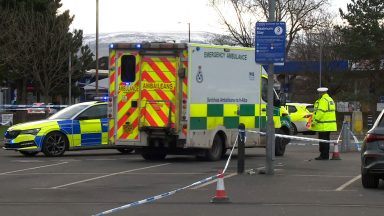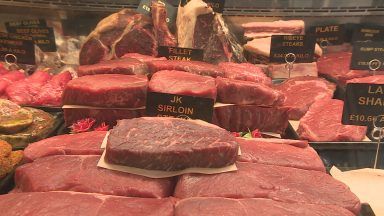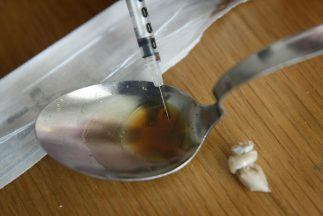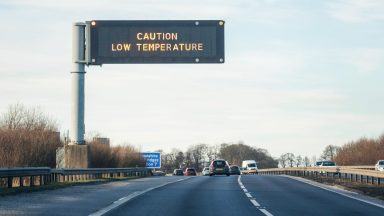Human trafficking and exploitation cases in Scotland are at their highest since records began, according to a report by Police Scotland.
The force’s latest quarterly report shows that Albanian and Vietnamese nationals are among the most trafficked nationalities.
Human trafficking, also known as modern slavery, is the illegal trade of human beings for financial gain.
This can include both adults and children, with victims often held or forced to work against their will either physically or through threat of punishment, and can involve the use of deception, abuse of power or vulnerability.
The issue was highlighted late last year, after four people were jailed for a collective 31 years over trafficking vulnerable women into Scotland for prostitution.
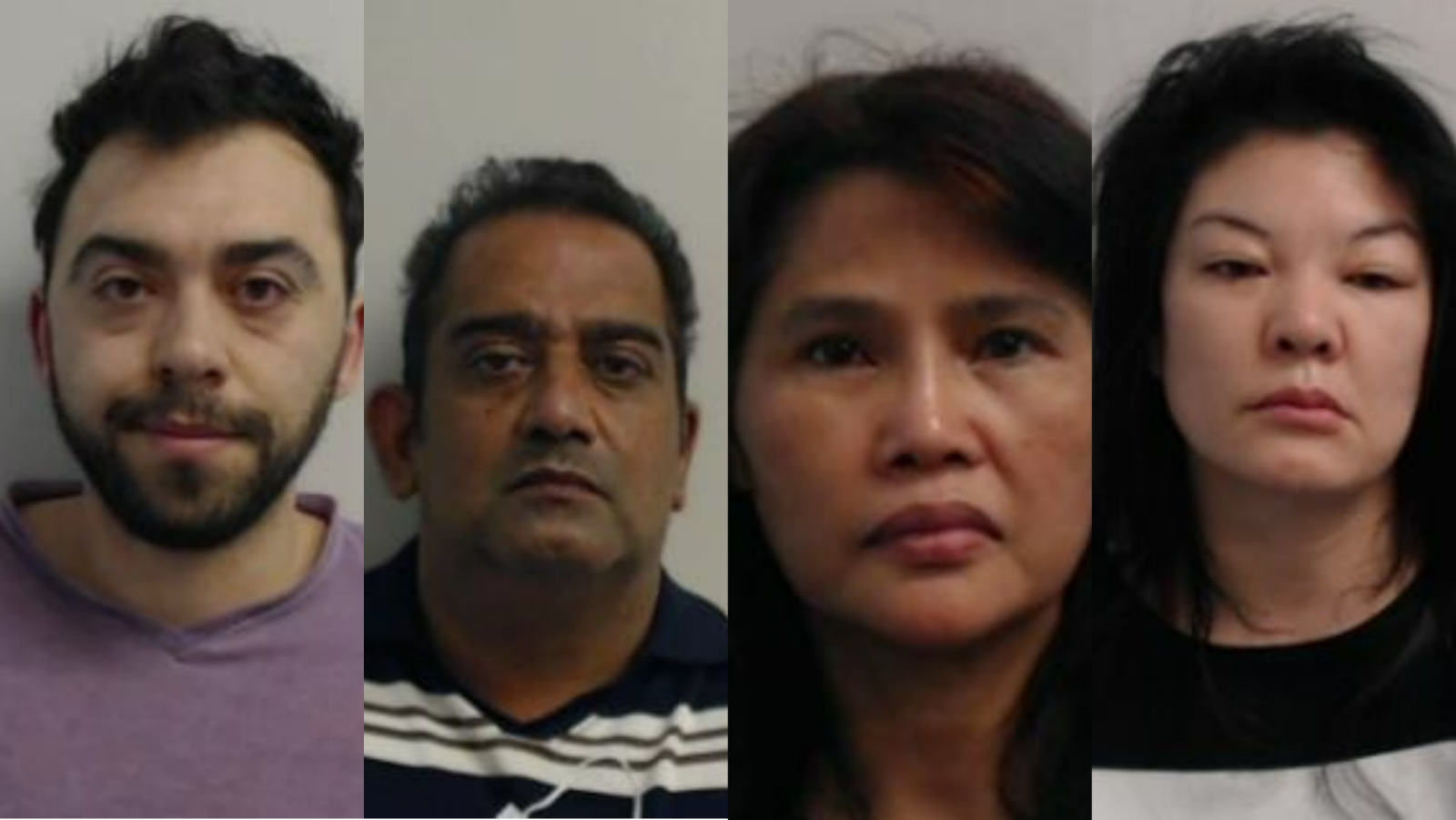 Police Scotland
Police ScotlandThe group would lure victims from China and Thailand with the promise of legitimate employment, but instead took their passports and then forced them to work in brothels across Glasgow.
Police Scotland has said that the most common victims of trafficking in the country are Albanian nationals at 22%, then Vietnamese nationals at 19% and UK nationals at 11%.
These numbers are identified via the National Referral Mechanism (NRM), which is a UK-wide framework to identify potential victims of human trafficking and exploitation, and ensuring they receive the appropriate support.
In its report, the force said: “NRM reporting is at its highest level since recording began.”
It added: “Albanian nationals are the fastest growing nationality reported in the NRM in Scotland with most Albanian nationals encountered being adult males in immigration removal centres or the prison estate.
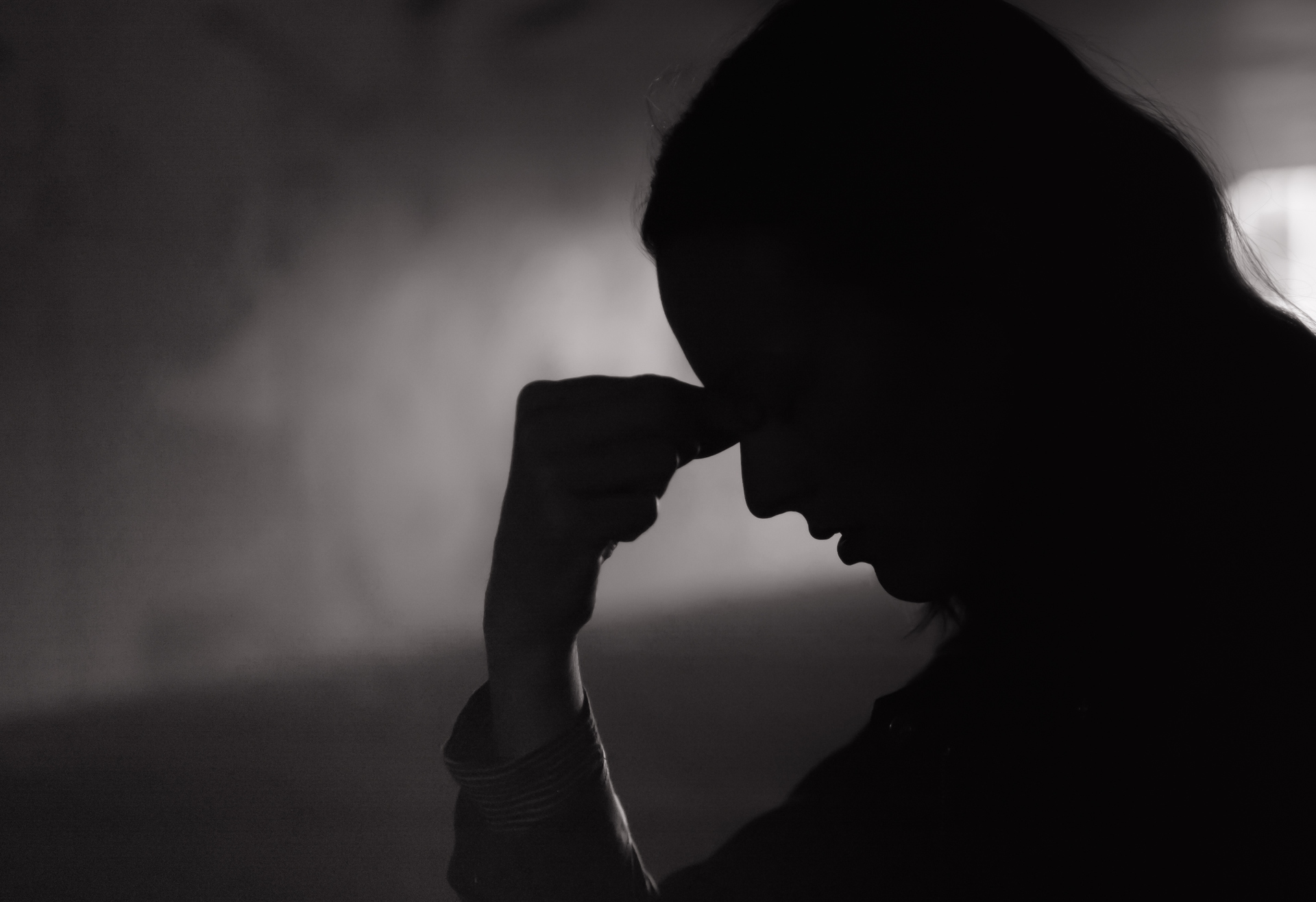 iStock
iStock“The increase on reporting has been heavily influenced by socio-political events including the UK leaving the EU, COVID-19 restrictions, migration from conflict areas, and the large increase in clandestine entry by small boats and other irregular migration matters.”
It comes after the revelation in May that the number of potential victims of modern slavery UK-wide rose exponentially in the first three months of 2023.
A total of 4,746 potential victims were referred to the Home Office from January to March, showing an increase of 26% from 3,773 in the first quarter of 2022, and a rise of 7% on the period October to December.
Police Scotland added in its report that there had been a “steady” growth in the number of Albanian men entering the county since 2021, with strong tends for entering “clandestinely”.
It said: “We are preparing for the Chief Constable’s proposed interfaith National Human Trafficking Conference held in conjunction with the Catholic Church’s Santa Marta Anti-Trafficking Group.
“This will see political and faith leaders meet along with the Strategic leads for Modern Slavery and Human Trafficking (MSHT) of UK Police Forces to discuss tackling MSHT through engagement with civic society through more effective law enforcement collaboration.”
Follow STV News on WhatsApp
Scan the QR code on your mobile device for all the latest news from around the country


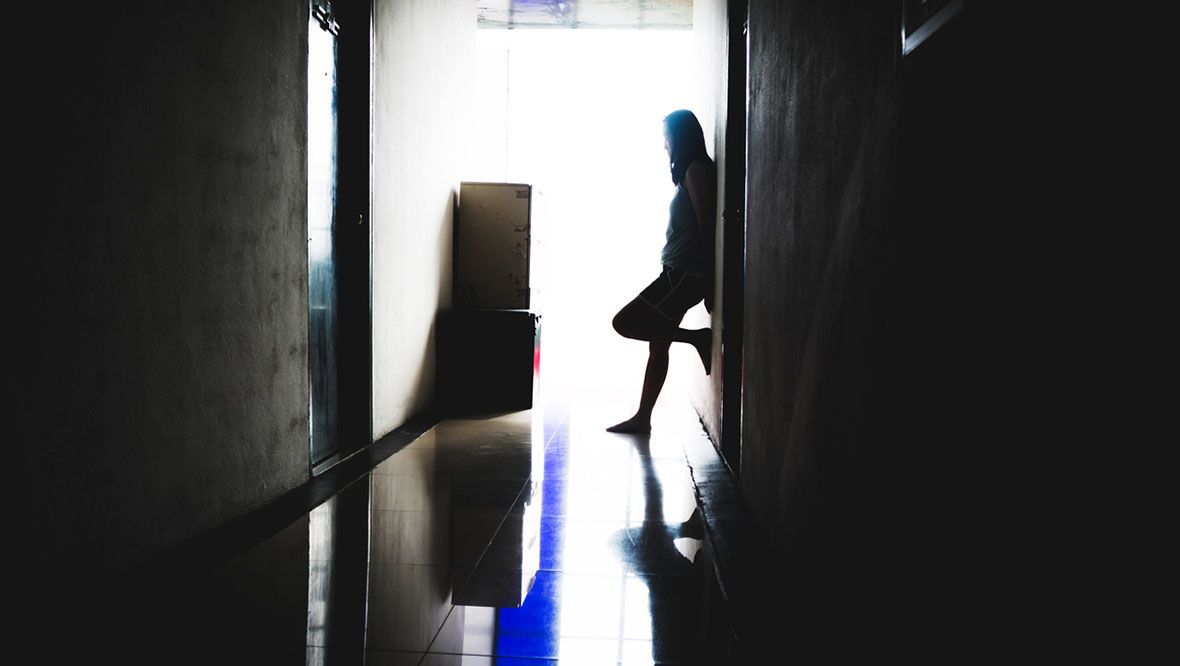 iStock
iStock







